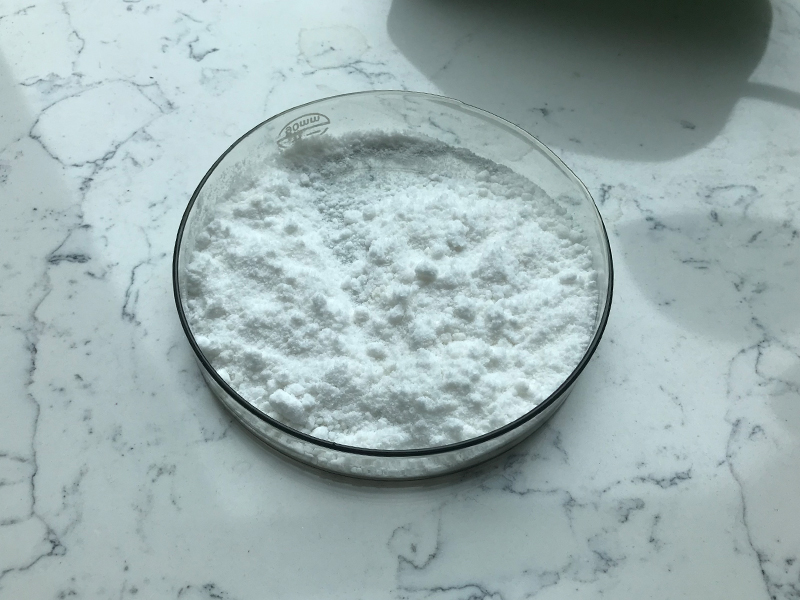Mandelic acid and mandelic acid glycosides are related but distinct compounds, primarily differing in their chemical structure and properties.
Mandelic Acid
- Type: Alpha hydroxy acid (AHA)
- Structure: A simple aromatic compound with a hydroxyl group (–OH) and a carboxylic acid group (–COOH) attached to a benzene ring.
- Uses: Commonly used in skincare for its exfoliating properties, helping to improve skin texture, reduce acne, and even out skin tone.
- Solubility: Water-soluble and can penetrate the skin effectively.

Mandelic Acid Glycosides
- Type: Glycosylated form of mandelic acid
- Structure: Mandelic acid is bound to a sugar molecule, which alters its properties.
- Uses: Typically found in skincare products for gentler exfoliation and hydration. The glycosylation can enhance stability and reduce potential irritation compared to free mandelic acid.
- Solubility: May have different solubility and absorption characteristics compared to mandelic acid.
Key Differences
- Irritation: Mandelic acid glycosides are generally milder and less irritating, making them suitable for sensitive skin.
- Absorption: The presence of the sugar may influence how the acid is absorbed and utilized by the skin.
Overall, both forms are beneficial for skincare, but their application may vary depending on skin type and sensitivity.

Applicable population of Mandelic Acid
Mandelic acid is primarily used in skincare, particularly for treating acne, hyperpigmentation, and signs of aging. Its gentle exfoliating properties make it suitable for various skin types, including sensitive skin. Here are some specific populations that may benefit from mandelic acid:
- Acne-Prone Individuals: Mandelic acid helps reduce acne by unclogging pores and has antibacterial properties.
- People with Hyperpigmentation: It can improve uneven skin tone and reduce dark spots due to its exfoliating effects.
- Individuals with Sensitive Skin: Its larger molecular size means it penetrates the skin more slowly, reducing the likelihood of irritation compared to other AHAs (alpha hydroxy acids).
- Aging Skin: Mandelic acid can help improve skin texture and fine lines, making it beneficial for mature skin.
- Those with Rosacea or Eczema: Some individuals with these conditions find mandelic acid to be a milder alternative to harsher exfoliants.
Always recommend patch testing and consulting with a dermatologist, especially for those with specific skin conditions or concerns.
